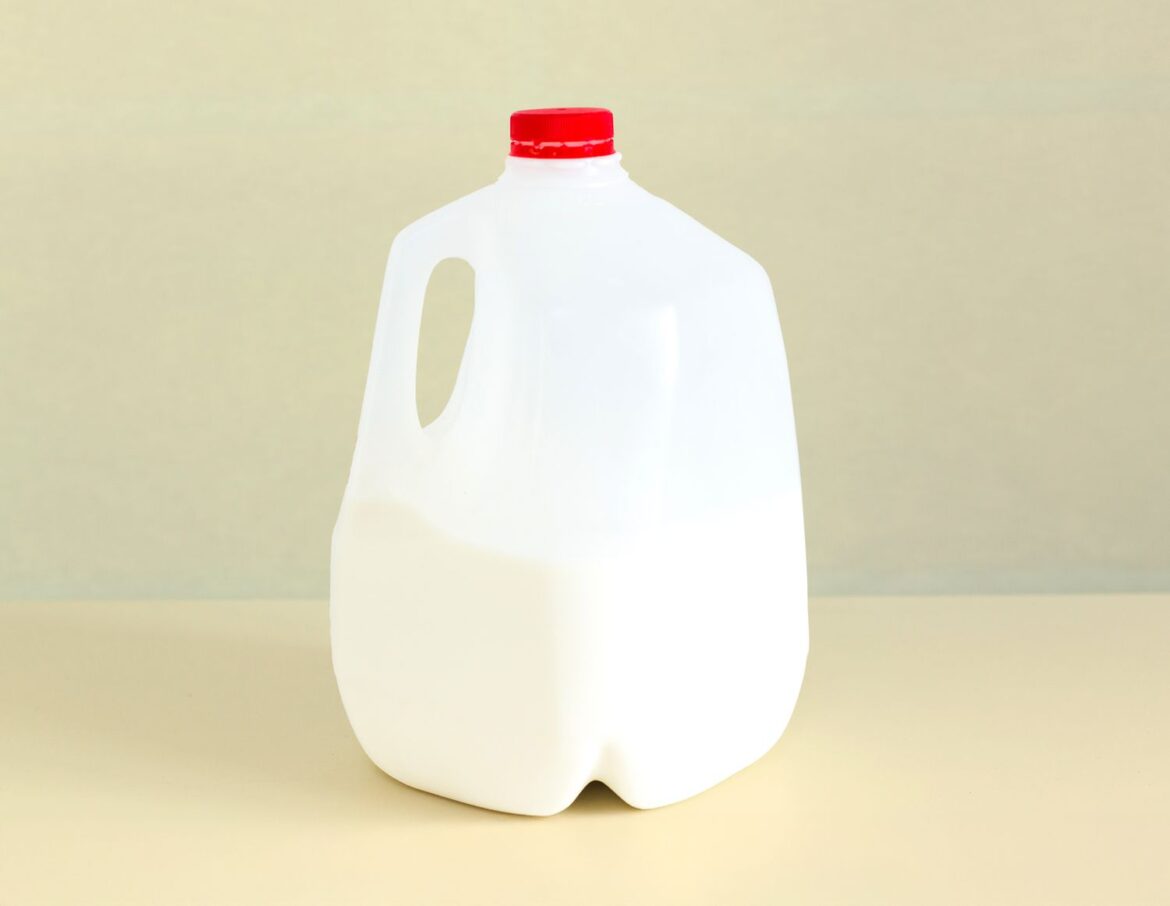While money is welcome at any charity you support, food banks can also accept many food items to help their clients—and if you’re an avid deal shopper, you may be able to stretch your donation by finding good grocery bargains to share.
Still, not every food item you’ll see at the grocery store will pass muster—and you might be surprised at some of the items that food banks won’t necessarily accept. Want to make sure that every item you give away makes it into the hands of someone who needs it? Avoid these foods that may end up in the trash instead of on someone’s dinner table.
It’s best to check with your local food bank before you decide what to pack up for them. Some food banks will take items that others will not—so you may find, for instance, that your local food bank is happy to have candy and sugar-sweetened beverages for their clients, while others have policies against giving out those kinds of foods.
Opened Food Containers
That bag of granola that your family didn’t adore? No food bank will touch something that has been opened and used, due to concerns about food safety. (You might, however, find someone on your local Buy Nothing group who would be willing to take a chance on an open bag.)
Expired Food
Check the expiration dates before you donate canned goods or boxed items from your pantry. If it’s past its expiration date and you wouldn’t eat it, neither would (or should) a food bank’s clients.
Food in Damaged Packaging
Just like the opened food, packaging that’s been damaged (like dented cans) could present a food safety issue—and may end up getting tossed by the food bank.
Food in Glass Jars
Glass jars are a-OK for your pantry, but because they’re taking in and distributing thousands of pounds of food, items that are more delicate can become a major problem for food banks. Food in glass jars can break, create messes, and pose a potential danger to those cleaning up the spill. Stick with shelf-stable items packed in plastic, cardboard, and aluminum.
Candy or Snack Food
Who doesn’t love a little treat? While this isn’t an across-the-board no-no, some food banks have started putting the brakes on offering less-healthy options to their clients—so you’ll want to look closely at the rules before you bring candy or snacks that might be classified as “junk food.”
Frozen or Perishable Items
Many food banks don’t have the freezer or refrigerator space or manpower to manage frozen foods or perishable items like dairy products from individual donors. (Plus, those items could end up defrosting/going bad in transit!)
If you do want to donate milk, consider purchasing shelf-stable milk products—which can come in both dairy and non-dairy options—or powdered milk, which can be reconstituted with water.
If you’re a gardener who has a ton of extra zucchini or tomatoes to share, you can check out the site Ample Harvest to find local food organizations that’ll take your food harvests.
Homemade Treats
While some smaller food pantries may allow you to provide baked goods or other treats for their clients, many others—especially larger food banks—may not allow it, due to food safety issues. If you do want to put your baking skills to use, organize a bake sale to raise money for the food bank, or look for a fresh-meal kitchen where you put in your time cooking (and maybe baking!) for people who need meals.
Leftover Food
Hosting a big party or celebration? You probably don’t want to waste the leftover food—but most food banks won’t take individual donations of excess food like that. If you’re hosting the party with a caterer, see if they participate in food waste programs that could allow them to pack up the leftovers at the end of the night and share them with local food banks. (If not, consider stocking leftover containers so your guests can bring home extras—or clear some room in the freezer to avoid food waste.)


Dining and Cooking